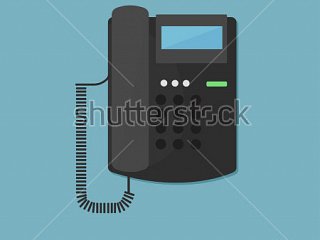All You Need To Know About SIP

As the telecommunications sector begins to upgrade, more and more firms are preparing early for the switch-over from ISDN and Multi-line to SIP…
So, What is SIP?
SIP (Session Initiation Protocol) is a marketing term used for the voice over internet protocol. This means that your IP address enables your internet service provider to carry out basic phone tasks, linking through web, email and online video chat etc. The phones can be virtually or physically installed for use.
Benefits:
Cost effective, many companies operate under BT license and sell the SIP trunks at rates of under £10 a month Ability to connect phone to WIFI, you can make and receive calls from anywhere as a result, your number isn’t fixed to any location
Ability to integrate outlook contacts/traffic with business CRM systems and business applications
Drawbacks:
Emergency, SIP phones require both internet connection as well as their battery power, during a total blackout, SIP phones won’t have any direct connection to function Hardware and Network costs ; To run SIP phones efficiency, there will need to be investment into a solid hardware and quicker internet speed.
The current ISDN technology has carried on since the 80’s but is long superseded by SIP and VoIP, the latter is much cheaper to run on however some businesses can become reluctant for the switchover. They may worry about downtime, trusting their providers in relation to contract terms, or just the ability to work with a new system for calling
By 2020, BT will no longer carry out maintenance or changes to old lines (ISDN and Multi-line), and by 2025, the lines will go down, as the service will be turned off by BT, it is assumed by this time that BT and its partners will have successfully transferred all of its customers, homeowners and businesses, onto this SIP technology.
For a fair upgrade quote for your phone systems or just some more information on this matter, click here
Written by Harrison Jones
